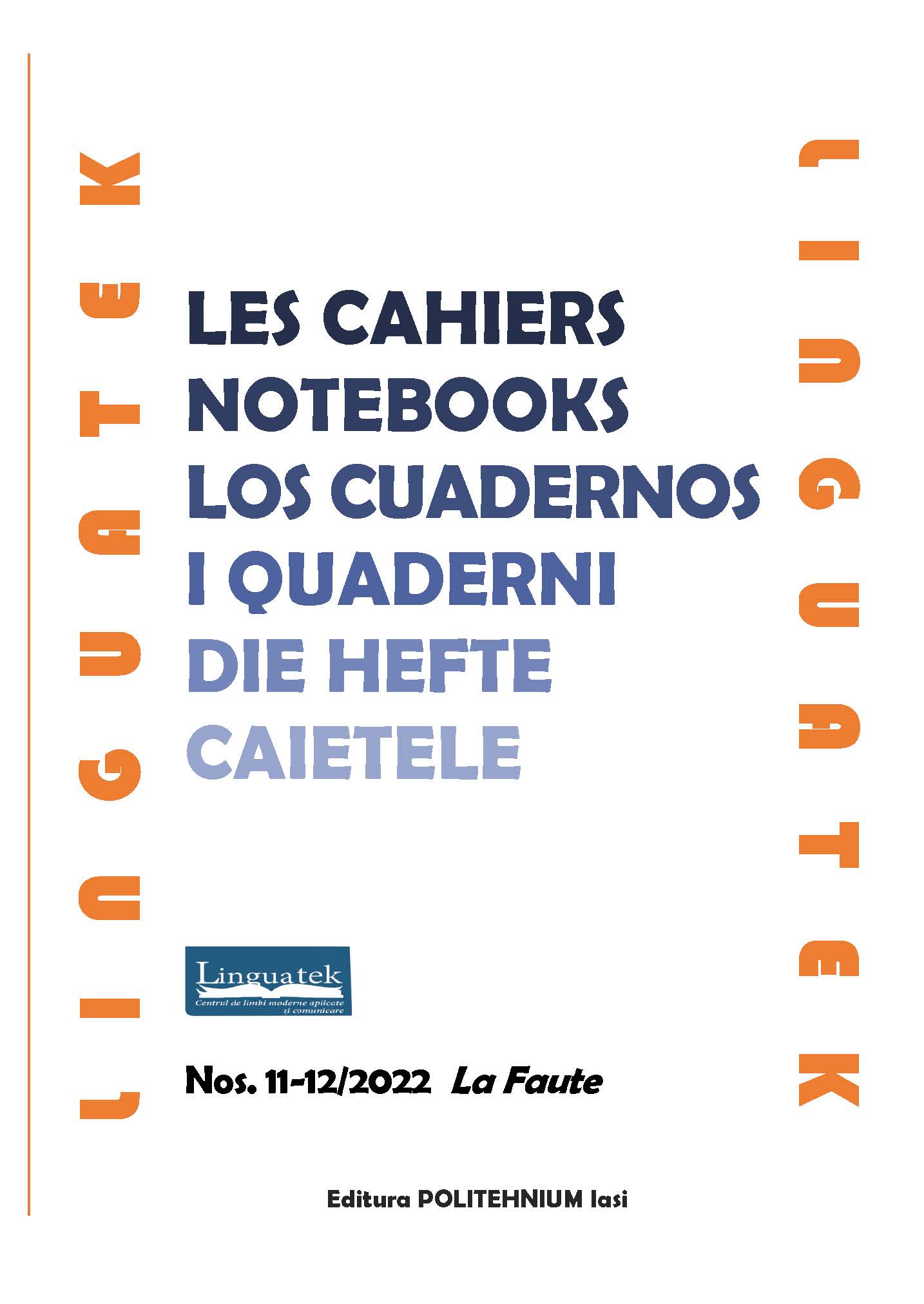THE IRREVERSIBLE MISTAKES OF AN IDEAL BUTLER IN KAZUO ISHIGURO’S "THE REMAINS OF THE DAY"
The Irreversible Mistakes of An Ideal Butler in Kazuo Ishiguro's "The Remains of the Day"
Author(s): Raluca-Ștefania PelinSubject(s): Studies of Literature, British Literature
Published by: Editura Universității Tehnice “Gheorghe Asachi” din Iași
Keywords: mistakes; unreliable narrator; emotional intelligence; speech acts; readers’ response;
Summary/Abstract: “I can’t even say I made my own mistakes” confesses Mr Stevens, the butler from the historical and realistic novel The Remains of the Day written by the 2017 Nobel Prize winner, Kazuo Ishiguro. Mr Stevens pursued the ideal of the perfect butler his entire life and – in trying to become one – has suppressed his right and freedom to make personal choices. Throughout the narrative the readers are capable of seeing, with the keen eye of the detached observers, that the complete immersion into duty and the willed, almost blind, submission to the greater will of an imperfect master can be a trap and a trigger of mistakes. Mistakes appear at various levels in the novel ranging from the unreliable narration to the seemingly unreliable character of the butler revealed by his words and conduct. The novel was studied with 72 students in their first year at the Faculty of Letters. The interplay of intelligences–intrapersonal, interpersonal and linguistic–create the perfect ground for discovering the workings of the characters’ minds and hearts, conveyed either by means of direct recounting of the narrator’s memories or the masterfully woven exchanges of replies. The tasks that students had to tackle as part of their transaction with the text revolved around analysing two fragments with the view of eliciting verbal and behavioural mistakes the characters make and rewrite some of the portions of the text so as to show how the initial conflict could have been averted. The conclusion that can be drawn is that the novel masterfully reveals the potential of all human interaction to challenge characters and readers alike to a dynamic exercise of identifying causes of choices and mistakes that can subsequently end in contentment or regret, and of suggesting possible solutions to avoid the latter.
Journal: LES CAHIERS LINGUATEK
- Issue Year: 6/2022
- Issue No: 11-12
- Page Range: 59-72
- Page Count: 14
- Language: English

